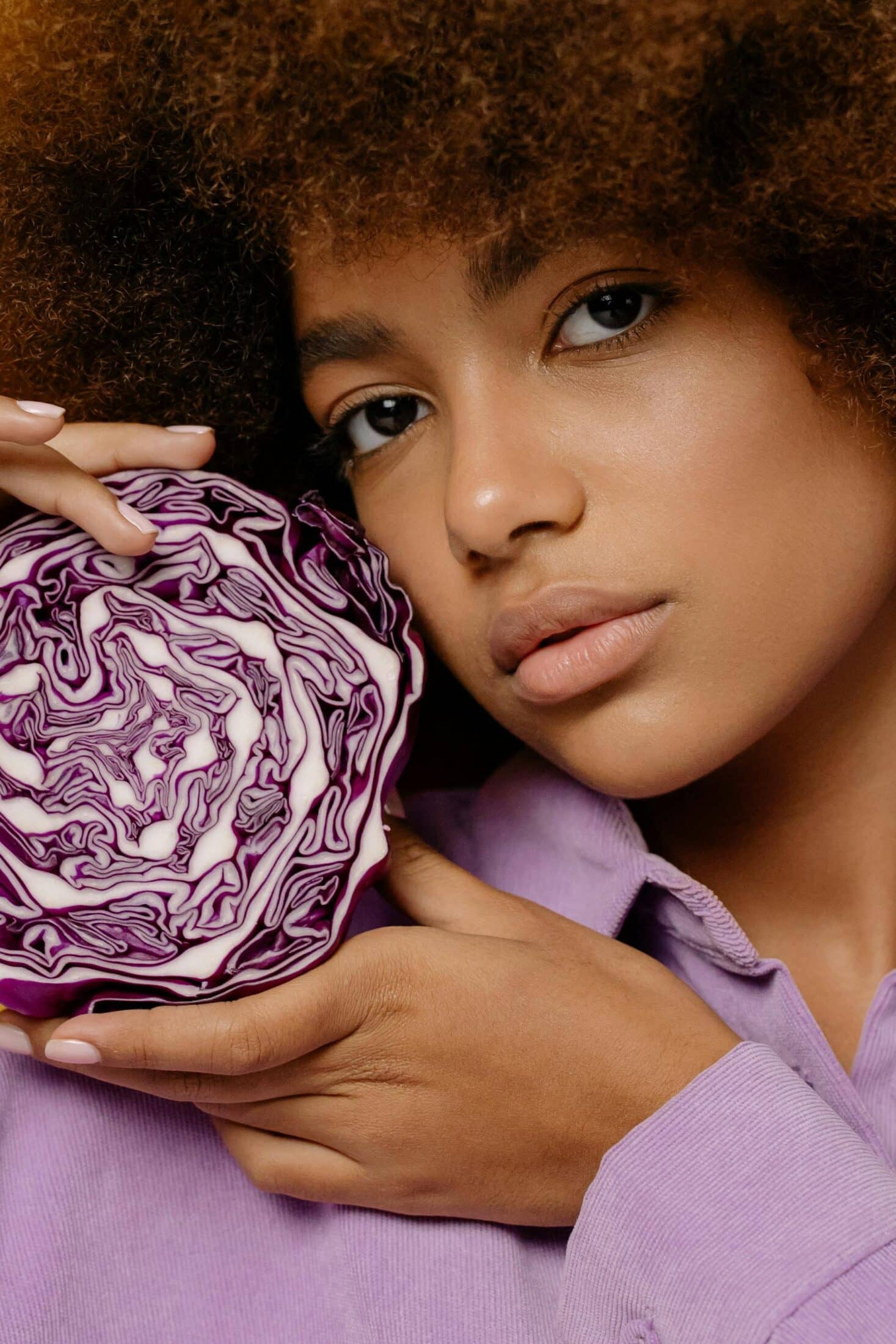Avoiding drama downstairs
Did you know that holding in your pee can lead you to develop more urinary tract infections (UTIs)?
We’re told repeatedly not to douche and to avoid putting scented products in and around our vaginas and vulvas, but that’s just the tip of the iceberg! While our vaginas and vulvas may be resilient, there are still plenty of ways we stress out our intimate areas without even knowing it.
Nether region no no’s are often straightforward but can make a big difference in reducing your likelihood of ending up with an infection. So keep scrolling to learn five things you might not have thought to avoid to protect your vagina and vulva!
5 Don’ts for your Downstairs
1. Don’t hold it in!
We’ve all held in our pee before because we didn’t want to use a public restroom, or because we were in a rush to get home. Unfortunately, this habit of waiting to use the bathroom can be a recipe for disaster when it comes to getting infections such as UTIs.
If you get that urge to empty your bowels, try to go as soon as you can to avoid putting pressure on your bladder, and reduce your risk of developing infections.
On that note – don’t forget to pee after you have sex! We all have an assortment of bacteria, fungi, and other germs that live in and on our bodies, but the introduction of new germs from a sexual partner can really rock the boat downstairs.
We can develop UTIs, BV, yeast infections, and sexually transmitted infections (STIs) from sexual or close physical contact with a partner, but a quick way to lessen the risk of infection from these foreign germs is just to pee immediately after sex!
2. Don’t forget proper wiping protocol!
On the topic of bathroom business, no matter what has brought you to the porcelain throne, it’s important to wipe away from your vulva and vagina. Our vaginas are self-cleaning, but that doesn’t mean we need to tempt fate by adding unwanted germs, fecal matter, urine, or blood into our vulvo-vaginal areas.
In fact, wiping towards our vaginas and vulvas increases our risk of developing urinary tract infections (UTIs), among other conditions. If foreign bacteria are introduced to our downstairs areas as a result of “improper” wiping protocol, this bacteria can travel to our urinary tracts and cause infections, leading to the need for an appointment with a medical professional and a prescription for antibiotics or antifungal medications.
We don’t need no downstairs drama! So remember to wipe from front to back.
3. Don’t let your clothes put a dampner on things!
The germs that cause conditions such as bacterial vaginosis (BV), UTIs, and yeast infections LOVE damp environments. This is why it’s important to keep your downstairs area dry as best as you can.
Because of this, try to avoid wearing materials that limit the circulation in your pants and underwear. Cotton is always a safe bet, but nylon, spandex, and polyester are a definite downstairs don’t. Tighter clothes that sit closer to your body also generate more heat and sweat so be mindful of opting for outfits that allow airflow if you feel things are off in your underwear.
Avoiding drama downstairs isn’t just about not wearing certain clothes or trying not to sweat though. We all sweat, and sweating is a by-product of the activities that keep us healthy (exercise) and bring us pleasure (the other kind of exercise 👀).
You shouldn’t stop exercising, going outside in the sun, or having sex just to keep your vagina and vulva happy. However, changing wet clothes after things get steamy is important and helps to avoid infection-causing germs having the chance to grow and give you problems down the line. This applies to the clothes you wear on a daily basis, workout clothing, and even wet bathing suits!
4. Don’t let ‘bad’ blood get in the way of a good time!
I want to start this tip off with a disclaimer. We like period blood. When we bleed during our periods, our bodies shed the tissues from our uterus that we no longer need. So my beef isn’t with period blood itself, so much as it is with how long we keep certain period products inside of our bodies.
Bacteria from our period blood can grow and cause infections such as BV and yeast infections if given enough time. Period blood that has been sitting in our downstairs areas can also change the pH in our vulvo-vaginal areas. If you’re a fan of the free bleed, then maybe this won’t affect you. But for those of us who use pads and tampons, it’s important to change your tampons, liners, and sanitary pads every couple of hours to prevent bacterial growth.
5. Don’t spread the drama!
Listen; stuff happens. Sometimes you take every precaution to keep your vagina and vulva happy and healthy, and you still get that UTI or yeast infection.
If this happens, it’s important to ensure that you’re taking your medications exactly as you’ve been instructed, and that you take every dose! Don’t fall into the trap of thinking that your condition has cleared up just because your symptoms aren’t as noticeable as they were when you first saw your doctor. Stopping a course of medications prematurely can lead your infections to come back, sometimes with more aggressive symptoms than the first time.
Equally, take a pass on any kind of sexual contact until you’ve finished taking every dose of medication that was prescribed to you, and that all of your symptoms have cleared up. Otherwise, you could end up sharing your infection-causing germs with your partner, or even extend the length of time that your condition will last – if it gets passed back and forth between you and them.

The Take Home
You might be missing some very easy opportunities to take care of your vulvovaginal health with very little effort. So, let’s recap the steps to take in order to avoid drama downstairs!
- Let it all out! Neglecting the need to go to the bathroom or to pee after sex can make you more vulnerable to developing a variety of conditions.
- Always wipe from front to back! Otherwise you might find yourself at the pharmacy stocking up on UTI medications.
- Avoid consistently wearing clothes that limit your circulation and cause you to sweat, and if you do get sweaty (even in the fun way) change your clothes!
- Change your period products regularly to prevent bacterial growth that could disrupt that perfect pH.
- Closely follow the instructions your doctor or pharmacist provides for medication use. This will minimize the time that you feel discomfort. And remember, avoid sexual and close physical contact to avoid spreading that drama!






